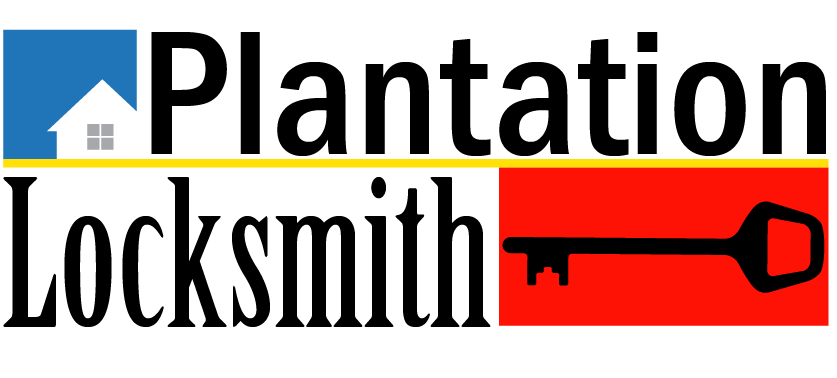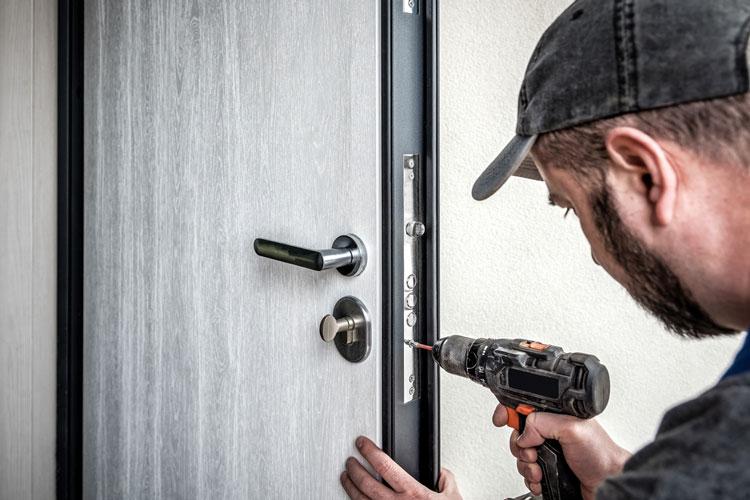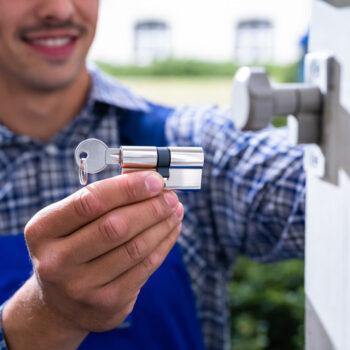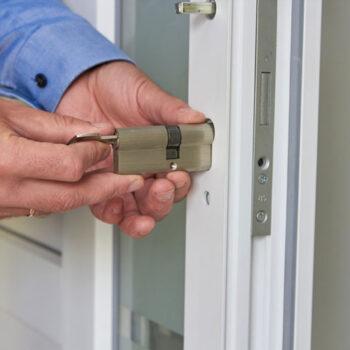In the ever-evolving landscape of business security, the importance of robust lock systems cannot be overstated. Businesses, both small and large, are entrusted with safeguarding valuable assets, sensitive information, and the well-being of their employees. In this comprehensive guide, we explore the essential steps for assessing and upgrading business lock systems to ensure they meet the highest standards of security.
1. Comprehensive Security Assessment:
Before embarking on any lock system upgrades, businesses should conduct a thorough security assessment. This involves identifying vulnerable entry points, evaluating the current state of locks and access control systems, and understanding potential risks. Engage with security professionals to perform a comprehensive audit, providing a clear roadmap for improvements.
2. Tailored Lock Solutions:
Not all businesses are created equal, and their security needs will vary. Tailoring lock solutions to the specific requirements of the business is essential. Factors such as the nature of the industry, the size of the premises, and the level of foot traffic all influence the choice of lock systems. A one-size-fits-all approach may leave critical areas exposed, emphasizing the importance of customization.
3. Access Control Systems:
Modern business security extends beyond traditional locks and keys. Implementing advanced access control systems adds an extra layer of protection. This includes electronic key cards, biometric scanners, and smart locks. These systems not only enhance security but also provide a convenient and traceable way to monitor and manage access.
4. High-Security Locks:
For businesses dealing with sensitive information or high-value assets, investing in high-security locks is a prudent choice. These locks are designed to resist manipulation and picking attempts, providing a superior level of protection. Consult with locksmith professionals to identify the most suitable high-security lock options for your business.
5. Electronic Surveillance Integration:
Lock systems should work in harmony with electronic surveillance measures. Integrating CCTV cameras, motion sensors, and alarm systems with the lock infrastructure creates a comprehensive security ecosystem. This not only deters potential threats but also provides valuable documentation in case of security incidents.
6. Regular Maintenance and Upkeep:
A lock system is only as strong as its weakest link. Regular maintenance and upkeep are crucial to ensuring that locks function optimally. Periodic checks, lubrication of moving parts, and prompt repair of any issues are essential practices. Establish a maintenance schedule to address wear and tear before it compromises security.
7. Employee Training and Awareness:
Human error remains a significant factor in security breaches. Educating employees about the importance of security, proper use of access control systems, and reporting suspicious activities can significantly enhance the overall security posture. A well-informed workforce is an integral part of any robust business security strategy.
8. Collaboration with Security Professionals:
Lock systems are complex, and their effectiveness relies on proper installation and maintenance. Collaborate with experienced locksmiths and security professionals who specialize in business security. Their expertise ensures that the chosen lock solutions align with the unique needs and risks of the business.
Plantation Locksmith LLC
The process of assessing and upgrading business lock systems requires a holistic approach. By combining advanced technologies, customized solutions, and employee awareness, businesses can fortify their premises against potential threats. In the dynamic landscape of security, staying proactive and adaptable is key to ensuring the longevity and effectiveness of business lock systems. Call Plantation Locksmith at 754-600-8856




